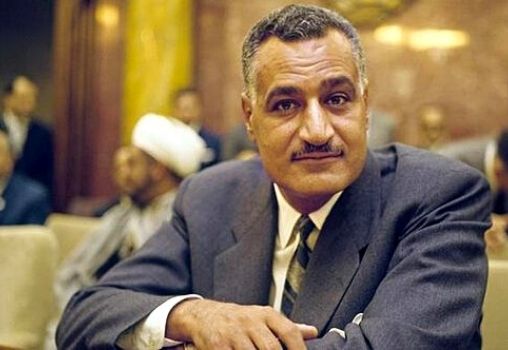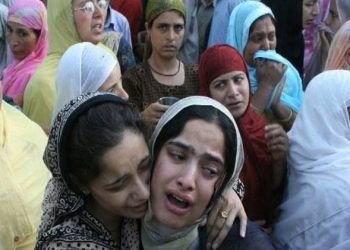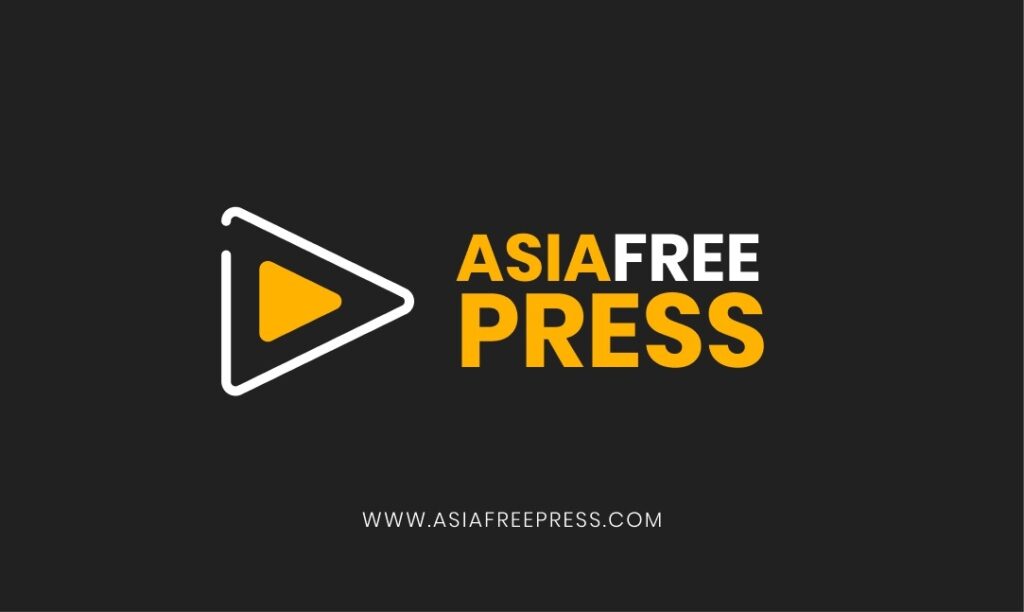For my father’s generation, Gamal Abdel Nasser wasn’t just another Arab leader; he set the standard by which all others have been measured, and none have quite reached it.
For the Arab masses, and Palestinians in particular, Nasser was an icon. His heroic image, in the eyes of Palestinians, took hold in Al-Faluja, a key pocket of resistance against the Zionist takeover of historic Palestine in 1948.
This small village in southern Palestine came under a significant Israeli military siege, trapping Nasser, then a Major in the Egyptian army, along with thousands of Egyptian officers. The siege lasted for months, ending in February 1949, but only after the Egyptian soldiers had put up remarkable resistance.
With the signing of the Israeli-Egyptian Armistice Agreement, the soldiers were finally allowed to withdraw through Gaza. Despite their sorrow over the lost homeland, Palestinians treated these retreating soldiers as heroes. It was during this period that Nasser’s legend truly began to grow.
For that generation, it would have been difficult to associate Nasser with anything other than deep valor, strong honor, and a profound love for Palestine. Even after the disastrous 1967 war – the Naksa, or the ‘Setback’ – they consistently sought reasons to justify the disorganization and poor planning that led to the historic defeat of Egypt and the wider Arab world at the hands of a Western-backed Israel.
That war was particularly devastating, allowing Israel to significantly increase its size, encompassing the Sinai Peninsula, Gaza, the West Bank, East Jerusalem, and parts of Syrian and Jordanian territory. The outcome of the war greatly diminished hopes of restoring historic Palestine to its Palestinian owners.
On June 9, 1967, Nasser addressed the nation, announcing his resignation – a decision that was quickly reversed, reportedly due to strong popular demands in Egypt, and also in Palestine.
Attempts to portray Nasser as a political leader capable of mistakes, or even self-interested, were generally rejected by a generation of historians who had largely idealized him. The underlying reason, perhaps, was the sense that without Nasser, there was no other Arab leader who could truly represent the aspiration for a renewed pan-Arabism or Arab nationalism.
This background helps explain why the recent release by ‘Nasser TV’ of an alleged audio conversation between Nasser and the former Libyan leader Muammar Gaddafi has prompted considerable thought and questions.
In this purported recording, made not long before his death, Nasser seems to be less of a committed pan-Arabist. A noticeable distrust of Arab rulers comes through in his words, even those who strongly advocated for the forceful return of occupied Palestinian and Arab lands.
“If anyone wants to fight, let them fight. If anyone wants to struggle, let them struggle,” he said, pointedly criticizing the “hollow slogans” of countries like Algeria, Iraq, Syria, and South Yemen.
Nasser’s desire for war appeared to be low, as he warned that calls to “liberate Palestine from the river to the sea” were counterproductive and would likely hasten the loss of the West Bank and Gaza (areas already under occupation).
One might try to understand Nasser’s somewhat cynical view as stemming from a feeling of betrayal by Arab states whose limited actions didn’t match their strong rhetoric. Yet, Nasser’s statements in this recording seem to revisit even the pre-Naksa era, suggesting that the 1948 Arab-Israeli War itself led to the loss of historic Palestine.
This reference is confusing because the 1948 war was imposed on Palestinians and Arab states, and the poorly equipped and disorganized Arab forces only intervened after Zionist militias, well-trained and equipped by the British, had already largely determined the outcome in Palestine.
The alleged conversation between Nasser and Gaddafi reportedly took place on August 3, 1970, around the time that US Secretary of State William Rogers proposed a ceasefire between Egypt and Israel, a plan that, if successful, would have ended the ongoing War of Attrition in Sinai.
This ceasefire, known as the Rogers Plan (or Rogers Plan II), was specifically intended to start political talks between Egypt and Israel. It was quite clear that these talks would focus on the future of Sinai and the newly occupied Palestinian territories, notably excluding historic Palestine. Nasser’s agreement to these talks was seen by many as a profound disappointment.
This analysis isn’t intended to examine Nasser’s lasting impact, which remains a highly debated topic among Arabs precisely because of the contrasting opinions he evokes: the founder of modern pan-Arabism and an important anti-colonial figure for some, and a weak, self-serving leader for others.
However, a more pressing question is about the timing: who benefits from raising doubts about Nasser’s stance on Palestinian liberation now, as Palestinian and Arab populations urge their governments to take unified and strong action to challenge Israel?
The attempt to undermine Nasser’s respected status by portraying him as a ‘false idol’ likely serves the interests of Arab governments that have done little to hold Israel accountable for its ongoing actions in Gaza. Given the usual secrecy surrounding Arab officialdom, one can’t help but suspect that the release of this recording has a hidden, and potentially more concerning, motive.
Nevertheless, for Palestinians, this revelation, regardless of its authenticity or timing, may not have a significant impact. Unlike the post-Nakba generation, current Palestinians have largely moved beyond the unrealistic expectation of Arab liberators coming to their rescue. That once-cherished dream, perhaps a fantasy, has been eroded by decades of disappointments and unmet expectations.
One might even argue that the significant events of October 7 and the ongoing resistance in Gaza, both Palestinian-led initiatives, have clearly shown that Palestinians have largely overcome the psychological barrier of expecting any real help from the Arabs
This isn’t mere speculation; the language of Palestinians in Gaza and their resistance leaders, who no longer depend on official Arab calls to arms, demonstrates this shift. Their collective stance is understandable given that Arab states have largely failed to significantly aid Palestinians in Gaza and some actively cooperate with the US in ways that appear to support Israel and undermine Palestinian aspirations.
Indeed, Palestinians’ expectations from the Arab world have shifted. They no longer seek a call to arms or a comprehensive embargo on Israel, but rather the cessation of any actions that support the adversary against the two million besieged people in Gaza.
If Nasser were the leader of Egypt today, he might have avoided direct military conflict with Israel and its allies. However, it’s more probable that he would not have become a key supporter of US-Israel-Western interests in the region, nor aligned with Washington and Tel Aviv to undermine the determination of the Resistance. The fact that these modest expectations are all that remain highlights a significant shift caused by an era of considerable Arab weakness, bordering on subservience.



















